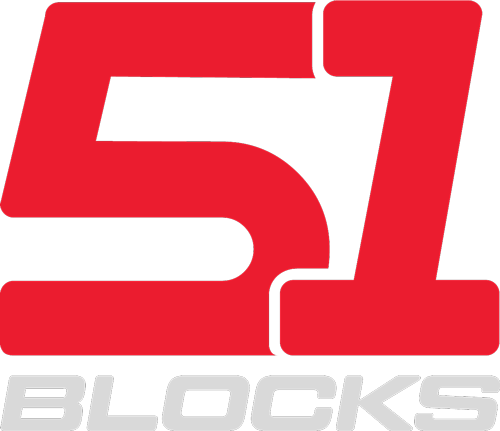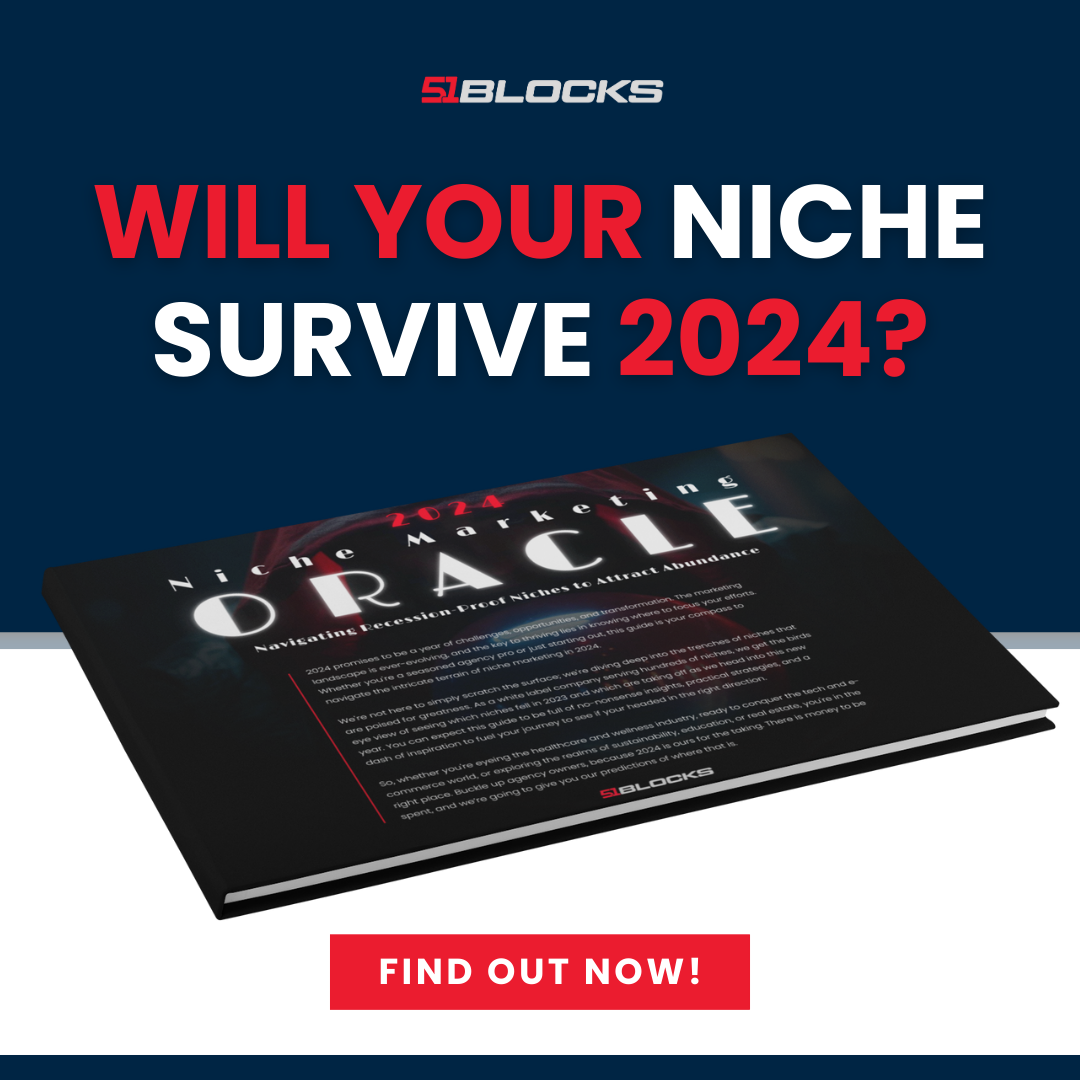So, you’ve decided to take the plunge and build a freelancer-driven digital agency. But where do you start?
Crafting a successful agency that thrives on the expertise of freelancers requires a strategic approach and a keen understanding of how to effectively leverage their skills.
With 11 key strategies at your disposal, you’ll be equipped to navigate the challenges and capitalize on the opportunities that come with building a freelancer-driven digital agency.
Whether you’re just getting started or looking to fine-tune your existing approach, these strategies will lay the foundation for a thriving agency that’s driven by top-notch freelancers.
Key Takeaways
- Clearly define responsibilities, tasks, and deadlines for each freelancer.
- Foster a collaborative and communicative work culture to strengthen the talent network.
- Utilize project management tools and techniques to enhance efficiency and productivity.
- Prioritize clear and consistent communication with clients for client satisfaction.
Understanding Freelancer Roles
As you begin to navigate the world of freelancers, understanding their various roles and contributions is essential for building a successful digital agency. When working with freelancers, it’s crucial to establish clear role clarity and ensure freelancer accountability. Clearly defining the responsibilities of each freelancer and aligning them with the overall goals of your digital agency is essential for smooth operations and successful project outcomes.
To ensure freelancer accountability, it’s important to have a thorough understanding of their individual roles within the projects they’re involved in. This includes clearly outlining their specific tasks, deliverables, and deadlines. By setting clear expectations from the outset, you can effectively track freelancer performance and ensure that they’re meeting the standards you’ve set for the project. This can be achieved through metrics tracking, where you monitor key performance indicators related to the freelancer’s work.
When freelancers have a clear understanding of their roles and responsibilities, they’re better equipped to deliver high-quality work and meet the expectations of your digital agency. Additionally, by tracking their performance through established metrics, you can identify areas for improvement and provide constructive feedback to help them excel in their roles.
Ultimately, understanding freelancer roles, ensuring role clarity, and tracking performance metrics are vital components of effectively integrating freelancers into your digital agency’s operations. By doing so, you can create a collaborative and accountable environment that drives success for both your agency and the freelancers you work with.
Building a Strong Talent Network
To build a strong talent network for your digital agency, focus on actively seeking out and nurturing relationships with skilled freelancers and industry professionals who align with your agency’s vision and values.
Talent retention is crucial for the success of your agency. By fostering a supportive and inclusive environment, you can create a network that retains top freelancers and industry professionals.
Networking is key to building a talent network. Attend industry events, join professional groups, and engage in online communities to connect with potential freelancers and industry experts. Actively seek out opportunities to meet and connect with talented individuals who can contribute to your agency’s growth.
Freelancer development and mentorship are essential components of building a strong talent network. Provide opportunities for skill development and growth within your agency. Offer mentorship programs and training initiatives to help freelancers enhance their capabilities and stay updated with industry trends. By investing in the development of freelancers, you not only retain top talent but also create a loyal network of skilled professionals.
Additionally, create a collaborative and communicative work culture that encourages knowledge sharing and support among freelancers and industry professionals. This fosters a sense of belonging and strengthens the talent network by creating a community of individuals who are invested in the success of your agency.
Efficient Project Management
Implementing efficient project management techniques will streamline your agency’s workflow and enhance productivity. By incorporating time tracking and resource allocation strategies, you can ensure that projects are completed on time and within budget.
Here are some key strategies to help you manage projects more efficiently:
- Utilize Time Tracking Tools: Implementing time tracking tools will allow you to monitor how much time is being spent on each task. This not only helps in tracking progress but also in identifying areas where time is being spent inefficiently. By understanding where time is being allocated, you can make informed decisions to improve productivity.
- Streamline Communication: Effective communication is crucial for efficient project management. Utilize project management platforms that allow for clear and transparent communication among team members. This ensures that everyone is on the same page and reduces the likelihood of misunderstandings or delays.
- Optimize Resource Allocation: Proper resource allocation is essential for successful project management. Evaluate the skills and availability of your team members and allocate resources accordingly. This prevents overloading individuals and ensures that tasks are completed by the most suitable team members.
- Set Clear Milestones and Deadlines: Establishing clear milestones and deadlines for each project phase helps in tracking progress and maintaining accountability. This approach also allows for better time management and ensures that projects stay on track.
Clear Communication Channels
Hey there!
When it comes to running a successful digital agency, clear communication channels are crucial. This means fostering strong team collaboration and ensuring seamless client updates.
Team Collaboration
Effective team collaboration relies on establishing clear communication channels that facilitate seamless information exchange and decision-making within the digital agency. When it comes to remote work and virtual team building, it’s crucial to ensure that everyone is on the same page.
Here are some key strategies to enhance team collaboration:
- Utilize project management tools like Asana or Trello to keep everyone organized and informed about tasks and deadlines.
- Schedule regular video conferences or team meetings to discuss ongoing projects, share updates, and address any challenges.
- Encourage open and transparent communication to ensure that everyone feels comfortable expressing their ideas and concerns.
- Foster a supportive and inclusive team culture by recognizing and celebrating individual and collective achievements.
Client Updates
To ensure clear communication channels for client updates, it’s essential to establish a streamlined process that facilitates timely and transparent information sharing between the digital agency and its clients.
Timely communication is crucial for ensuring client satisfaction. One effective way to achieve this is by providing regular progress reports. These reports should highlight the key milestones achieved, any challenges encountered, and the planned next steps. Incorporating the client’s feedback and input into these updates is also essential. By doing so, you can ensure that the client feels engaged and informed throughout the project.
Additionally, offering multiple communication channels, such as email, phone calls, and project management tools, can enhance accessibility and transparency.
Ultimately, prioritizing clear and consistent client updates can significantly contribute to the overall success and satisfaction of the project.
Streamlined Onboarding Process
When it comes to onboarding freelancers, efficiency is key. By having a clear process in place and providing thorough documentation, you can ensure that new team members understand what’s expected of them from the start.
This streamlined onboarding process sets the stage for successful collaboration and helps freelancers feel confident and supported as they begin their work with your digital agency.
Efficient Client Onboarding
Streamlining the onboarding process for clients is crucial for creating a seamless and efficient experience from the very beginning of your partnership. To ensure client satisfaction and smooth onboarding, follow these key strategies:
- Clear Communication: Establish open lines of communication to understand client expectations and address any concerns promptly.
- Detailed Onboarding Documentation: Provide comprehensive onboarding materials that outline the process, expectations, and necessary information to expedite the client’s integration into your agency.
- Personalized Onboarding Experience: Tailor the onboarding process to each client’s unique needs and preferences, showing them that you value their individuality and are committed to meeting their specific requirements.
- Proactive Support: Anticipate potential hurdles and offer proactive support to address any issues that may arise during the onboarding process.
Clear Process Documentation
Optimizing your client onboarding process through clear and detailed documentation is essential for fostering a seamless and efficient transition into your digital agency. Effective communication and standardized procedures are key elements in creating a streamlined onboarding process.
By clearly documenting every step of the onboarding process, from initial client contact to project kick-off, you ensure that both your team and the client are on the same page. Detailed documentation helps to eliminate confusion and minimizes the potential for misunderstandings, setting the stage for a successful collaboration from the start.
Standardized procedures also allow for a consistent onboarding experience for each client, showcasing your agency’s professionalism and attention to detail. Investing time in creating clear process documentation will ultimately save time and reduce friction, enabling your agency to hit the ground running with new clients.
Creating a Collaborative Culture
To foster a collaborative culture within your freelance-driven digital agency, prioritize open communication and teamwork among your team members. Creating an inclusive environment that values diversity and encourages remote collaboration and virtual team building is crucial for the success of your agency. Here are some key strategies to help you build a collaborative culture:
- Embrace Diversity: Encourage and celebrate the unique perspectives and experiences of your team members. Actively seek out diverse talent and ensure that everyone feels included and valued.
- Establish Clear Communication Channels: Utilize various communication tools to facilitate seamless interaction among team members, regardless of their location. Regular virtual meetings, instant messaging platforms, and collaborative project management tools can enhance remote collaboration.
- Promote Team Building Activities: Organize virtual team building activities and events to foster a sense of camaraderie and connection among your remote team members. These activities can include virtual coffee breaks, online games, or team challenges.
- Encourage Open Feedback: Create a culture where feedback is openly exchanged and valued. Encourage team members to share their thoughts, ideas, and concerns, and be responsive to their input. This openness can lead to increased trust and collaboration within your agency.
Embracing Flexibility and Adaptability
Embracing flexibility and adaptability within your freelance-driven digital agency builds upon the collaborative culture you’ve cultivated, allowing your team to thrive in an ever-changing landscape. By incorporating flexible work arrangements, such as remote work options and flexible hours, you empower your freelancers to achieve a better work-life balance and tailor their schedules to maximize productivity. This not only fosters a sense of trust and autonomy but also attracts top talent who prioritize a flexible approach to work.
In addition to flexible work arrangements, it’s crucial to implement adaptive project management. This involves being open to changes in project scope, timeline, and deliverables, as well as being responsive to client feedback and market shifts. By adopting agile methodologies and maintaining open lines of communication, your agency can swiftly pivot in response to evolving client needs and industry trends. This nimble approach not only enhances client satisfaction but also positions your agency as a dynamic and forward-thinking partner.
Furthermore, embracing flexibility and adaptability allows your agency to capitalize on new opportunities and navigate challenges with agility. It fosters a culture of innovation, resilience, and continuous improvement, enabling your team to remain competitive and thrive in a fast-paced digital landscape. Ultimately, by prioritizing flexibility and adaptability, your freelance-driven digital agency can cultivate a dynamic and resilient environment that propels success in an ever-evolving industry.
Leveraging Specialized Expertise
Leveraging the specialized expertise of your freelance team members can elevate the quality of your agency’s work and provide a competitive edge in the digital market. Here are a few key strategies to make the most of the specialized skills and remote work capabilities of your freelance team:
- Identify and leverage individual strengths: Get to know the unique skills and expertise of each freelancer on your team. By understanding their strengths, you can strategically assign tasks that align with their specialized skills, maximizing the quality of work produced.
- Encourage expertise collaboration: Foster an environment where freelancers can share their specialized knowledge and collaborate on projects. This not only enhances the quality of work but also promotes a culture of continuous learning and skill sharing within your agency.
- Provide opportunities for skill sharing: Organize virtual workshops or training sessions where freelancers can share their specialized skills with one another. This not only benefits the individual freelancers by expanding their skill sets but also enriches the collective expertise of your agency.
- Leverage remote work capabilities: Take advantage of the remote work capabilities of your freelance team. By allowing freelancers to work from their preferred locations, you can access specialized expertise from a diverse pool of talent, regardless of geographical constraints.
Establishing Transparent Expectations
As you maximize the specialized skills of your freelance team, it’s crucial to establish transparent expectations to ensure smooth collaboration and successful project outcomes.
One of the key aspects of establishing transparent expectations is to build trust. This involves being open and honest about project requirements, timelines, and deliverables. Clearly communicate the scope of work, project goals, and any specific guidelines or parameters. By doing so, you’re setting the foundation for a trusting and productive working relationship with your freelancers.
In addition to establishing trust, setting boundaries is equally important. Clearly define the roles and responsibilities of both your agency and the freelancers. This helps in avoiding any misunderstandings or conflicts down the line.
Clearly outline the communication channels, preferred modes of contact, and the frequency of updates or progress reports. Setting boundaries also involves establishing realistic timelines and deadlines for the project. It’s important to discuss availability, working hours, and any potential time zone differences upfront to ensure that everyone is on the same page.
Nurturing Long-Term Relationships
To build lasting and fruitful relationships with your freelancers, consistently demonstrate appreciation for their contributions and provide opportunities for professional growth and development.
Nurturing long-term relationships with your freelancers is essential for the success of your digital agency. Here are some key strategies to help you achieve this:
- Building Trust: Trust is the foundation of any long-term relationship. Communicate openly and honestly with your freelancers, respect their expertise, and be transparent about your expectations. Trust is a two-way street, and by demonstrating trust in your freelancers, you encourage them to trust and invest in your agency.
- Managing Expectations: Clearly outline project requirements, deadlines, and deliverables from the outset. Be upfront about the scope of work and any potential challenges. By managing expectations effectively, you minimize misunderstandings and create a more harmonious working environment.
- Investing in Professional Development: Encourage your freelancers to expand their skills and knowledge. Offer opportunities for training, workshops, or mentorship programs. When freelancers feel supported in their professional growth, they’re more likely to remain loyal to your agency.
- Showing Appreciation: Recognize and celebrate the hard work and achievements of your freelancers. Expressing gratitude and acknowledging their contributions fosters a positive and motivating work environment.
Fostering a Positive Work Environment
Hey there!
Fostering a positive work environment is key to bringing out the best in your freelancers. By empowering them and encouraging collaboration, you create a space where creativity and productivity thrive.
This not only benefits your freelancers, but also enhances the overall success of your digital agency.
Empower Freelancers
By fostering a positive work environment, you can empower freelancers to thrive and contribute to your digital agency’s success.
Here are some key strategies to create a supportive and empowering environment for your freelance team:
- Clear Communication: Keep freelancers in the loop about project expectations, deadlines, and any changes in plans. This helps them feel valued and involved in the agency’s operations.
- Flexibility: Offer flexible scheduling to accommodate different time zones and personal commitments. This shows that you respect their work-life balance and trust them to manage their time effectively.
- Recognition and Feedback: Acknowledge their efforts and provide constructive feedback regularly. Positive reinforcement and constructive criticism can motivate freelancers to excel in their work.
- Professional Development: Invest in their growth by offering opportunities for skill development and training. This not only enhances their capabilities but also demonstrates your commitment to their success.
Creating a positive and empowering work environment for freelancers not only boosts their morale but also elevates the overall productivity and quality of work.
Encourage Collaboration
How can you facilitate a collaborative and supportive work environment for freelancers within your digital agency?
Remote collaboration has become essential, and virtual tools like Slack, Zoom, and Trello can help freelancers stay connected and engaged.
Encouraging cross-functional teamwork enables freelancers to bring diverse perspectives to the table, fostering creativity and innovation.
Shared goals align everyone’s efforts and create a sense of unity, motivating freelancers to collaborate effectively.
Establishing clear communication channels and regular check-ins can help freelancers feel supported and connected despite the physical distance.
Additionally, organizing virtual team-building activities, such as online workshops or virtual coffee breaks, can strengthen bonds and boost morale.
Frequently Asked Questions
How Can Freelancers Effectively Manage Their Time and Workload While Working With Multiple Digital Agencies?
You can effectively manage your time and workload when working with multiple digital agencies by prioritizing tasks, setting clear boundaries, and using time management tools.
It’s important to communicate openly with all agencies to ensure realistic deadlines and expectations. By staying organized and being proactive about scheduling, you can maintain a healthy balance and deliver high-quality work.
Keep in mind that self-care and occasional breaks are crucial for maintaining productivity and avoiding burnout.
What Are Some Common Challenges in Building a Strong Talent Network and How Can They Be Overcome?
When building a strong talent network, you’ll face challenges like finding the right freelancers and managing their time effectively. Overcoming these obstacles involves creating clear communication channels, setting realistic expectations, and providing support and resources.
What Are Some Strategies for Efficiently Managing Multiple Projects With Different Freelancers and Clients?
When managing multiple projects with freelancers and clients, efficiency is key. Keep communication clear and consistent to avoid misunderstandings.
Utilize project management tools to track progress and deadlines. Build strong relationships with freelancers and clients by being responsive and transparent.
Set clear expectations and provide constructive feedback. By doing so, you can ensure smooth project flow and client satisfaction.
How Can Digital Agencies Ensure Clear Communication Channels With Freelancers Who May Be Working Remotely or in Different Time Zones?
To ensure clear communication with remote freelancers in different time zones, prioritize tools like Slack or Zoom for real-time interaction. Set clear expectations for availability and deliverables, and utilize project management software to keep everyone on track.
Streamline your onboarding process to help freelancers quickly adapt to your agency’s workflow. Building a strong talent network ensures you have the right people for the job, while effective time management keeps projects on schedule and within budget.
What Are Some Best Practices for Streamlining the Onboarding Process for New Freelancers and Integrating Them Into the Agency’s Workflow and Culture?
When onboarding new freelancers, it’s crucial to streamline the process for a seamless integration into your agency’s workflow and culture. Start by providing clear guidelines and resources to help them navigate your systems and expectations.
Emphasize open communication and regular check-ins to ensure they feel supported and connected. Encourage time management techniques and offer workload balancing tips to help them thrive in their new role.
Cultural integration begins with creating a welcoming and inclusive environment for all team members.
Final Thoughts
You’ve learned the 11 key strategies for building a freelancer-driven digital agency.
Now, as you implement these strategies, you’ll find that your talent network will grow organically, allowing you to leverage specialized expertise and nurture long-term relationships.
Clear communication channels will streamline your project management, and a positive work environment will foster creativity and collaboration.
With transparent expectations and efficient onboarding, you’ll create a strong foundation for success in the digital world.
Good luck on your journey!






